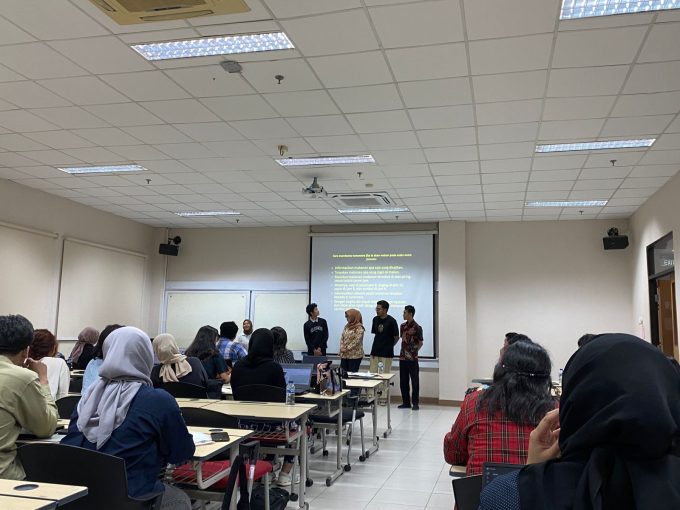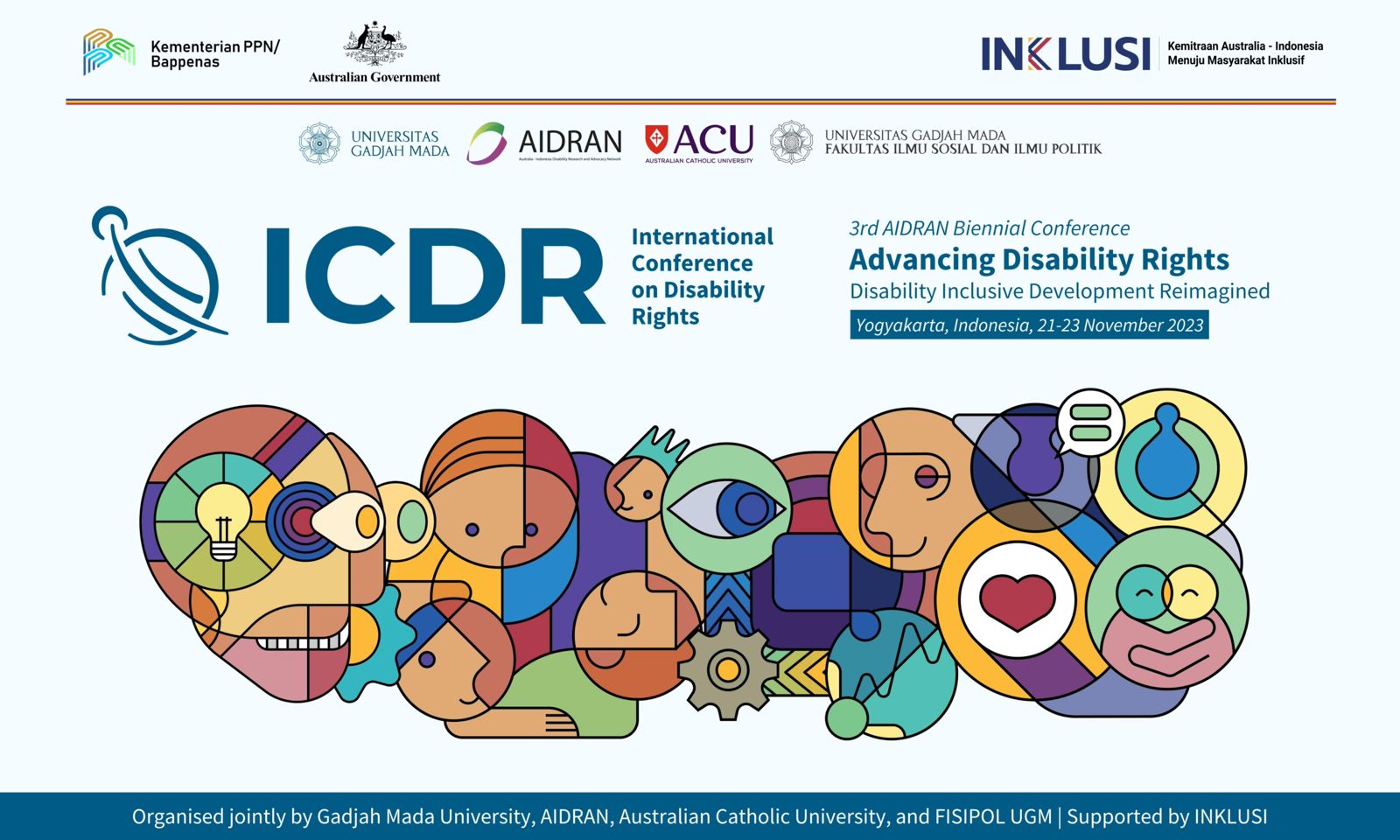
Creating an inclusive and friendly environment for people with disabilities is a manifestation of the mandate contained in Undang-Undang Nomor 8 Tahun 2016 concerning People with Disabilities. Responding to this mandate and the increasing discourse regarding inclusivity, the Faculty of Social and Political Sciences, Gadjah Mada University (Fisipol UGM) is preparing to become an inclusive campus. This was conveyed by Nurhadi Susanto, Deputy Dean for Finance; Asset; and Human Resources.
Nurhadi said that currently, various efforts have been made by Fisipol UGM to support the realization of an inclusive campus. One of the main aspects that should be highlighted is efforts to rehabilitate and improve campus infrastructure which is still not accommodating enough for people with disabilities. Development of disability-friendly infrastructure at Fisipol UGM includes the installation of guiding blocks, ramps, and handrails or handrails in elevators. In addition, plans to improve the accessibility of toilet facilities that are less accommodating for wheelchair users are also being pursued. “Fisipol is very enthusiastic and committed to investing in disabled-friendly facilities,” stressed Nurhadi. To ensure that the development process is appropriate and appropriate, Fisipol also involves friends with disabilities to monitor and evaluate the planning process, implementation, and use.
Nurhadi also added that it is important to have human resources who are responsive and responsive in interacting with the academic community and guests on campus. He admits that this is a challenge because not everyone has experience interacting with people with disabilities. According to Slamet Thohari, Indonesian Chair of the Australia-Indonesia Disability Research and Advocacy Network (AIDRAN), interacting with people with disabilities is not much different from interacting with people in general. Of course, there are differences in the abilities of people with disabilities so they require some special needs. However, this does not mean they have to be treated differently. According to him, what must be done is to interact and get along as well as possible. Through this, there will be patterns of interaction that will be formed and discovered by themselves. “Just interact as usual, the important thing is to offer help and confirm whether you need help or not,” said Slamet.
Creating an inclusive campus is not enough to look at in terms of infrastructure and human resources, building an inclusive ecosystem in the academic environment is also important. According to Budi Irawanto, Fisipol UGM lecturer, there are three important points that must be considered to build an inclusive ecosystem. First, there is a need for participation and representation of people with disabilities in the academic community, both students and staff, teaching staff, and lecturers. Second, facilities in the learning process that are accommodating for people with disabilities, such as easy access to learning materials and special tutorial sessions for students with disabilities. Third, there is integration of disability issues and perspectives in the academic curriculum through courses, research, and academic discussions. “This last point is very important because disability issues will become part of academic discourse, and the impact will be more long-lasting,” said Budi.
In line with Budi’s opinion, Fisipol UGM also realizes the importance of bringing disability issues and perspectives into the academic realm as an effort to create an inclusive campus. Apart from improving infrastructure, the commitment of Fisipol UGM is also reflected in the implementation of the International Conference on Disability Rights (ICDR) which will be held from 21 to 23 November 2023 in Yogyakarta with the Faculty of Social and Political Sciences UGM as the host of the conference. ICDR itself is the third annual Australia-Indonesia Disability Research and Advocacy Network (AIDRAN) conference or AIDRAN Biennial Conference. This year, the conference was held in collaboration with various parties, namely Gadjah Mada University, the Australia-Indonesia Partnership Towards an Inclusive Society (INKLUSI), and the Australian Catholic University (ACU). With the title “Advancing Disability Rights: Disability Inclusive Development Reimagined”, the conference will focus on the concept of Disability-Inclusive Development (DID).

This conference was held as a forum that can provide a forum for various kinds of discussions, reflections, and recommendations aimed at ending the marginalization of people with disabilities in various aspects of development. The presence of researchers, civil society activists, policymakers and artists in ICDR is expected to enrich perspectives and discussions so that it can produce concrete and real actions and steps related to efforts to ensure the rights of people with disabilities are also taken into account in policy-making. It is certainly hoped that this can encourage development that leads to a just and inclusive society.
Meanwhile, as a concrete step in preparation for holding ICDR, on November 15th 2023, training activities were held for handling and serving people with disabilities for all the academic community involved.
